Roosevelt Road: Organic Tortilla Chips, Unique Flavors, Sustainable Impact
Roosevelt Road is known for its thriving food scene, now dominated by artisanal tortilla chip shops…….
Welcome to an extensive exploration of a unique concept that has been gaining traction in the food industry—the “Organic Tortilla Chips Donkey.” This phenomenon transcends mere snacking, merging organic farming principles with traditional tortilla chip production. In this article, we will embark on a journey to unravel the intricacies of this topic, providing valuable insights for entrepreneurs, farmers, and food enthusiasts alike. From its humble beginnings to global trends and future prospects, we aim to equip readers with comprehensive knowledge about this innovative approach to snack food manufacturing.
Definition: Organic Tortilla Chips Donkey (OTCD) refers to a sustainable and eco-conscious method of producing tortilla chips, emphasizing organic farming practices, local sourcing, and minimal environmental impact. It involves raising donkeys for transportation purposes, utilizing their unique abilities to carry and move goods, particularly in agricultural settings. This concept intertwines the traditional donkey’s role in farming with modern snack food production, creating an efficient and environmentally friendly process.
Core Components:
Organic Farming: The foundation of OTCD lies in organic farming techniques, ensuring that all ingredients used in tortilla chip production are grown without synthetic pesticides or fertilizers. This promotes soil health, conserves biodiversity, and provides consumers with natural, chemical-free snacks.
Donkey Transportation: Donkeys are employed as sustainable carriers for transporting harvested crops from farms to processing facilities. Their strength and endurance make them ideal for short-distance transportation, reducing the need for fossil fuel-powered vehicles. This eco-friendly approach minimizes carbon emissions and contributes to overall sustainability.
Tortilla Chip Production: The process involves milling organic maize or wheat to create flour, which is then used to manufacture tortilla chips through traditional methods. Careful attention is given to quality control and packaging to maintain the chips’ freshness and appeal to health-conscious consumers.
Historical Context:
The concept of OTCD has its roots in ancient agricultural practices where donkeys played a vital role in supporting farming communities. Over time, as industrialization took hold, the traditional donkey’s place in agriculture diminished. However, with growing concerns about sustainability and environmental impact, there is a resurgence of interest in harnessing the strengths of these versatile animals for modern purposes.
Significance:
OTCD represents a holistic approach to food production, addressing several critical issues:
International Influence:
The concept of OTCD has gained international recognition, inspiring entrepreneurs and farmers worldwide to adopt sustainable practices. Countries with strong agricultural traditions, such as Mexico, India, and various African nations, have shown particular interest in this method due to its alignment with local farming communities and cultural heritage.
Regional Trends:
Market Dynamics:
The global snack food market is a multi-billion-dollar industry, with organic and sustainable snacks gaining significant traction. According to a 2021 report by Grand View Research, the organic snacks market size was valued at USD 6.8 billion in 2020 and is projected to grow at a CAGR of 7.9% from 2021 to 2028. OTCD products can tap into this growing market, offering consumers unique, high-quality tortilla chips with an eco-conscious appeal.
Investment Patterns:
Entrepreneurs and investors are taking notice of OTCD’s potential. Startups focused on sustainable agriculture and food production are attracting significant funding, with some OTCD-adopting companies securing Series A investments in 2022. This trend indicates the market’s readiness to support innovative, environmentally friendly businesses.
Revenue Streams:
Donkey Training and Care:
Training donkeys for transportation tasks involves positive reinforcement methods to ensure their comfort and safety. Proper care, including regular veterinary check-ups, proper nutrition, and adequate rest, is essential to maintain the donkeys’ health and productivity.
Farm Integration:
OTCD seamlessly integrates into existing farming operations. Donkeys can assist in harvesting crops, transporting them to processing facilities, and even distributing finished products within the farm or to nearby markets. This efficient use of donkeys’ abilities streamlines production processes.
Processing and Quality Control:
Tortilla chip manufacturing should adhere to strict food safety standards. This includes proper sanitation, temperature control during cooking, and effective packaging to preserve the chips’ quality and crispness. Organic certification ensures that all ingredients meet specific criteria, enhancing product credibility.
Logistical Challenges:
One of the primary challenges is managing donkey transportation logistics, especially in areas with varying terrain and infrastructure. OTCD operators must carefully plan routes and ensure donkeys’ well-being during transit. Technology, such as GPS tracking, can aid in monitoring and optimizing transportation efficiency.
Scalability:
As demand grows, scaling up production while maintaining sustainability can be challenging. OTCD companies should consider strategic partnerships or cooperative models to aggregate resources and distribute workload, ensuring long-term viability.
Consumer Education:
Educating consumers about the benefits of OTCD products is crucial for market acceptance. Transparent labeling, highlighting organic ingredients, local sourcing, and animal welfare practices, can empower consumers to make informed choices.
Technological Advancements:
Emerging technologies like automation and robotics can assist in donkey training and transportation management, improving efficiency and safety. Drones could also be utilized for crop monitoring and assessment, reducing the need for extensive human labor.
Expanded Product Line:
OTCD brands have opportunities to diversify their product offerings beyond tortilla chips. This could include other snack options like nachos, tortillas, or even healthy treats for pets, all produced using sustainable methods.
Global Expansion:
With its universal appeal and growing global demand for sustainable food products, OTCD has immense potential for international expansion. Countries with strong agricultural traditions and consumer awareness of organic foods are ideal targets for market penetration.
Organic Tortilla Chips Donkey (OTCD) represents a fusion of traditional wisdom and modern sustainability in the snack food industry. By embracing this concept, farmers, entrepreneurs, and consumers can contribute to environmental preservation, support local economies, and promote ethical animal welfare practices. As global trends continue to favor organic, locally sourced products, OTCD is poised to become a significant player in the future of food production.
This article has provided a comprehensive overview, but the journey of OTCD is far from over. With further research, innovation, and collaborative efforts, this unique approach to snack food manufacturing can unlock exciting possibilities for a sustainable and thriving food industry.

Roosevelt Road is known for its thriving food scene, now dominated by artisanal tortilla chip shops…….
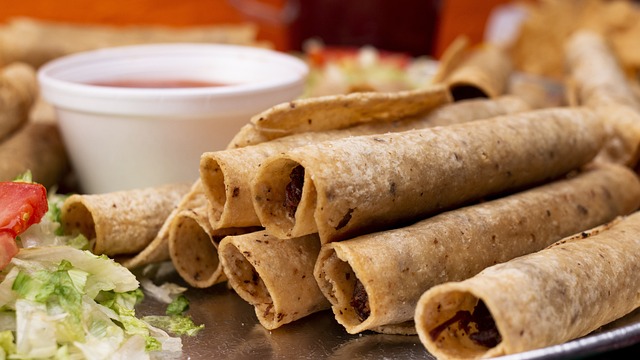
The snack industry is shifting towards healthier options, with organic tortilla chips gaining immens…….
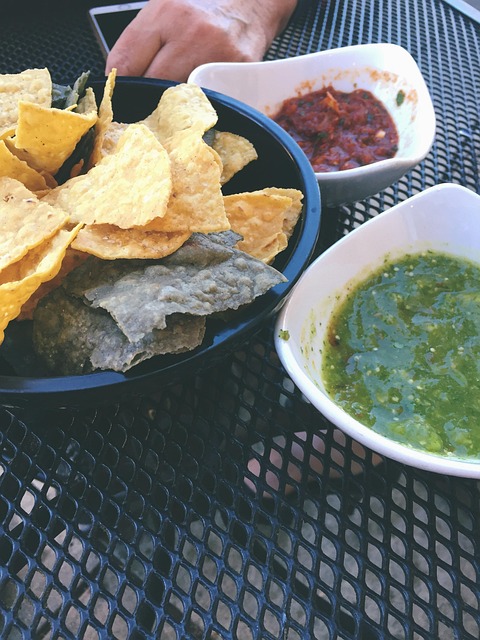
Mexican restaurants are capitalizing on the growing demand for Organic Tortilla Chips, driven by con…….
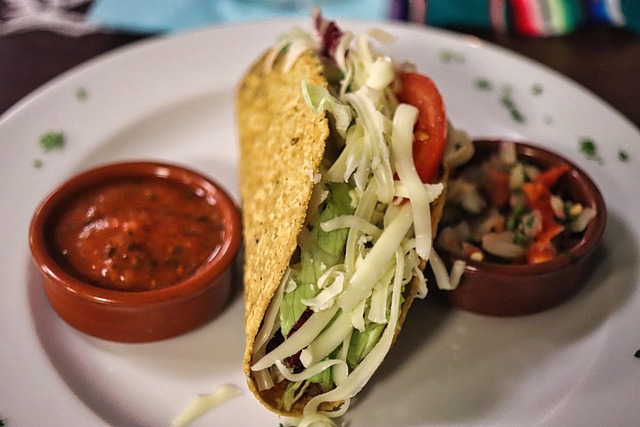
Organic tortilla chips made with donkey corn represent a centuries-old Mexican culinary tradition. C…….

When seeking Organic Tortilla Chips Donkey, prioritize quality and health by choosing certified orga…….
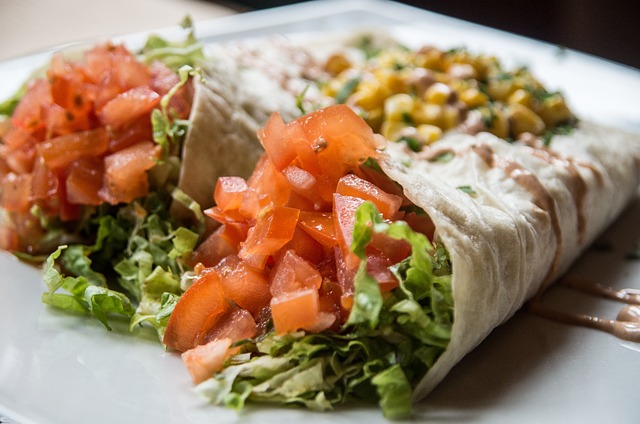
Maxwell Street Market, a historic Chicago landmark since the late 19th century, is renowned for its…….
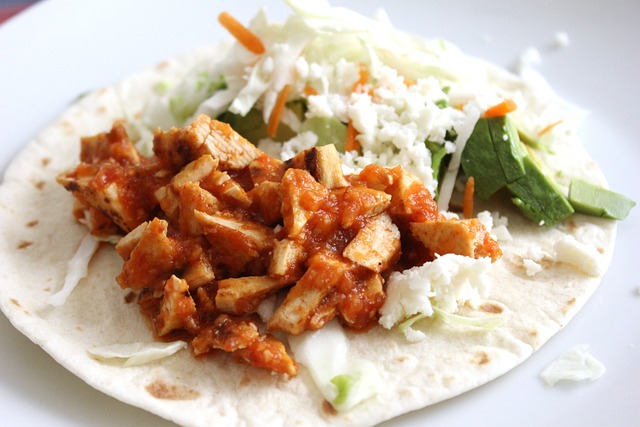
The Mexican food delivery industry is booming, driven by health-conscious trends and technology. Aut…….
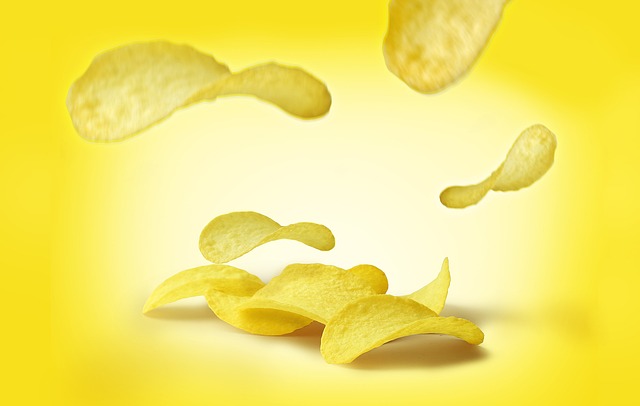
The Mexican artisanal tortilla chip market is booming with demand for organic, sustainably produced…….

Organic tortilla chips are experiencing a global flavor fusion, driven by demand for healthy, sustai…….
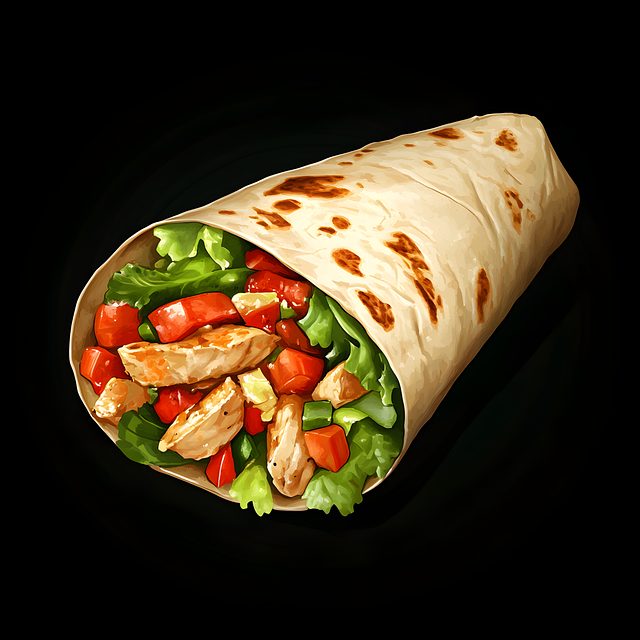
The casual dining industry is embracing a healthier and more diverse food trend with the increasing…….
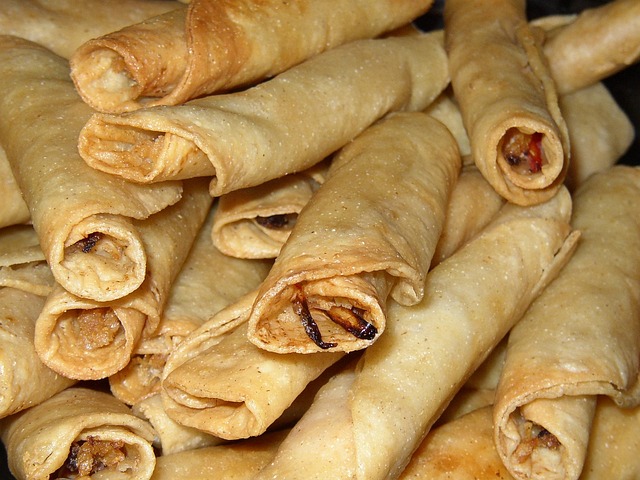
Choosing organic tortilla chips, made from sustainable, chemical-free farms and simple ingredients l…….
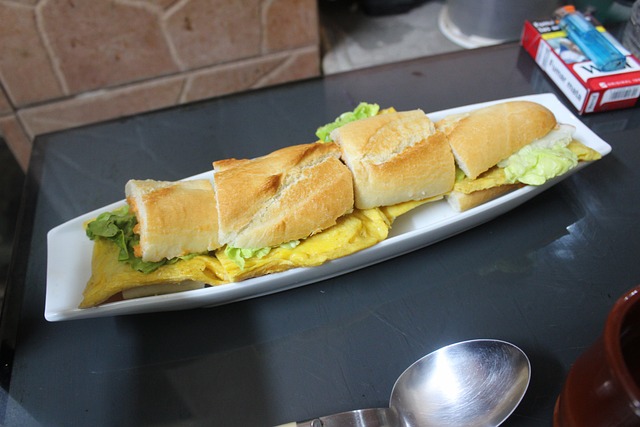
The food truck revolution in urban areas has brought a new wave of culinary creativity with the rise…….
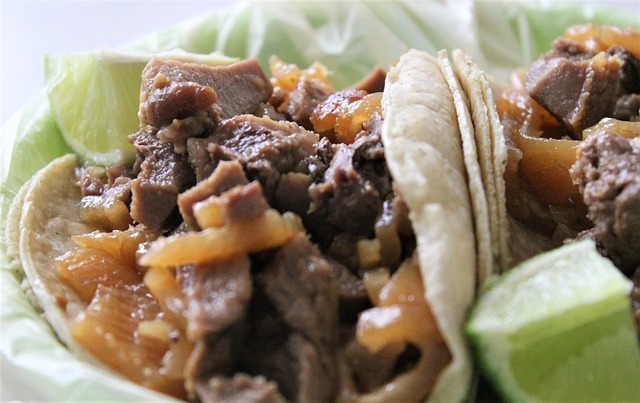
The recent boom in Mexican food delivery services has reshaped culinary scenes globally, blending tr…….
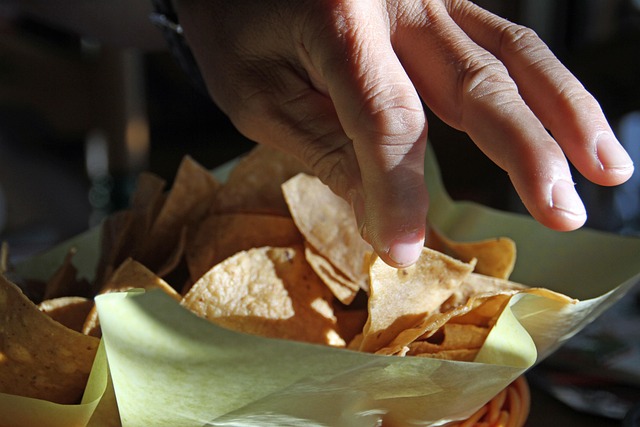
In Lincoln Park, Organic Tortilla Chips Donkey is leading a culinary movement with its sustainably s…….
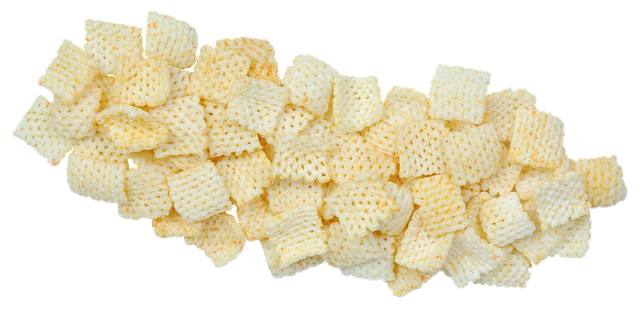
For top-quality Organic Tortilla Chips Donkey seasoning blends, shop at Whole Foods Market or Sprout…….
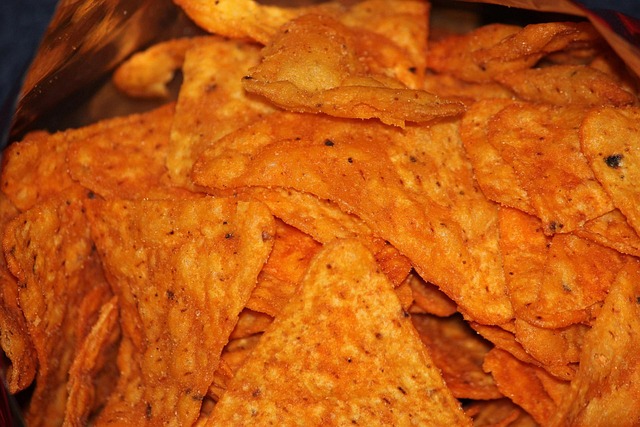
The ideal tortilla chip experience depends on a superior seasoning blend, with brands like Organic T…….
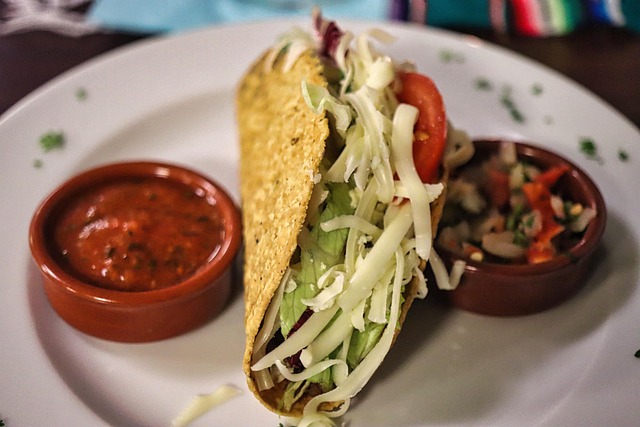
The global trend in Mexican cuisine revolves around organic tortilla chips made using traditional, a…….
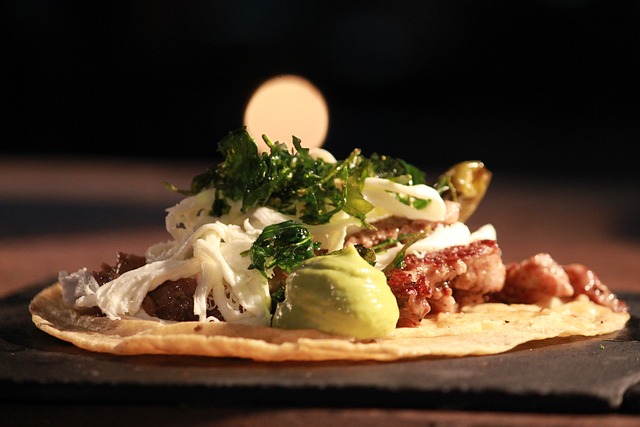
Organic Tortilla Chips Donkey offers a healthier alternative to traditional snacks, made from 100% o…….

The increasing demand for healthier alternatives has driven consumer preference towards organic tort…….
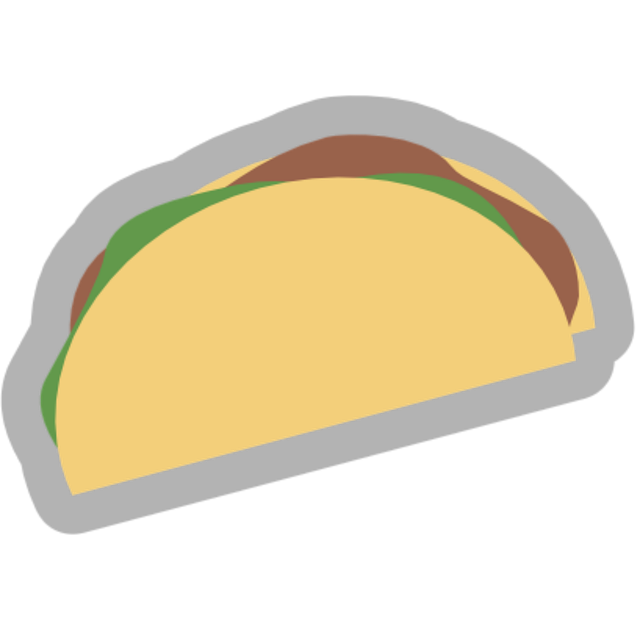
Fulton Market in Chicago is a hub for gourmet tortilla chips, driven by a trend towards organic and…….

Organic Tortilla Chips Donkey is at the forefront of a culinary revolution, bringing together qualit…….

Organic tortilla chips, made with natural ingredients and a commitment to quality, are gaining popul…….
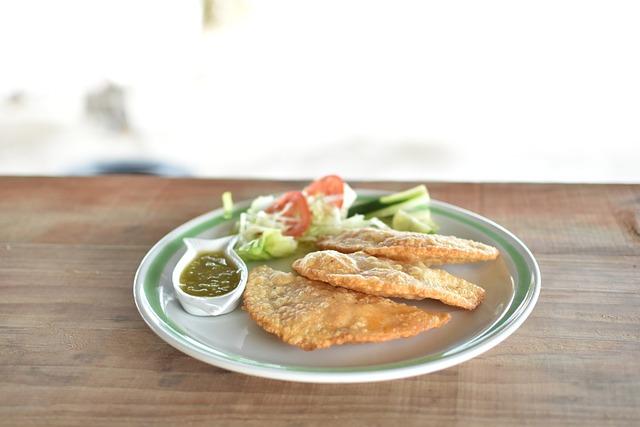
The snack industry is experiencing a gourmet revolution with organic tortilla chips, offering consum…….
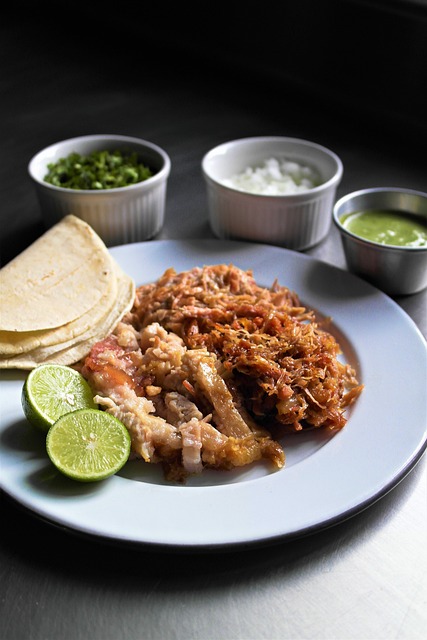
The global food delivery industry is booming, with Mexican cuisine leading the trend thanks to servi…….
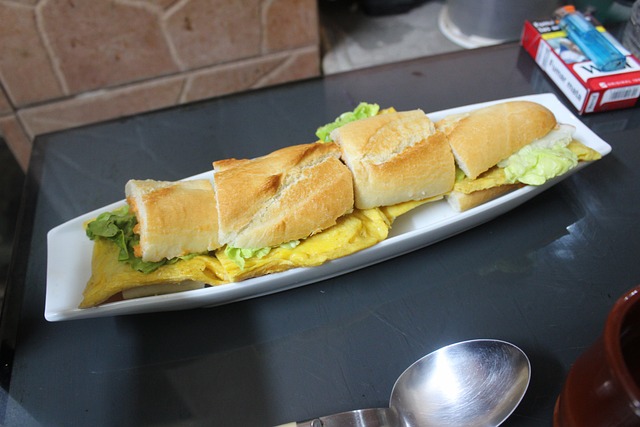
Food trucks serving organic tortilla chips, like Donkey Delights, are revolutionizing urban dining n…….
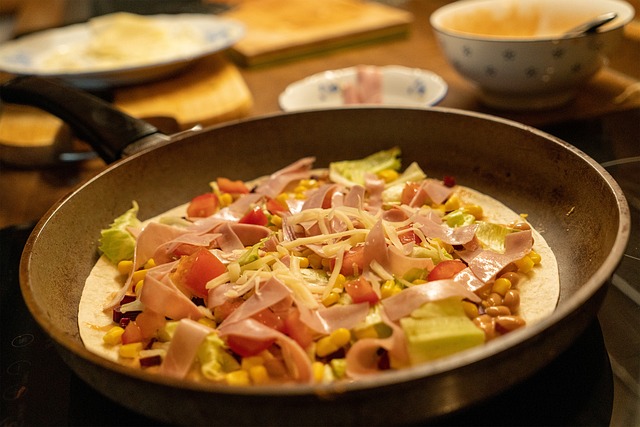
Roosevelt Road tortilla chip shops started with a mission to provide fresh, organic tortilla chips i…….